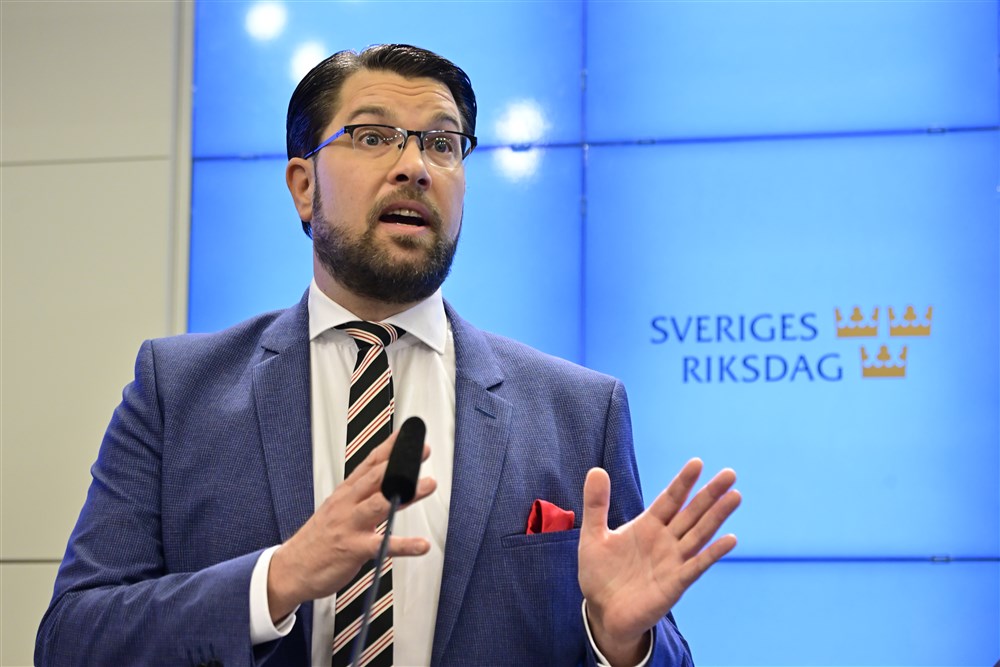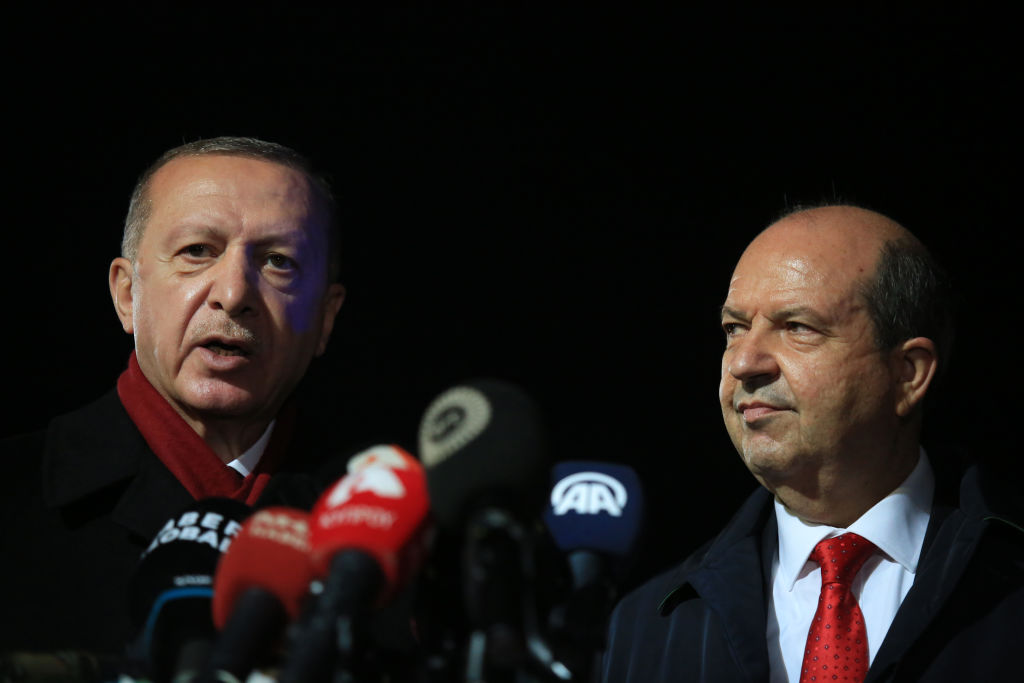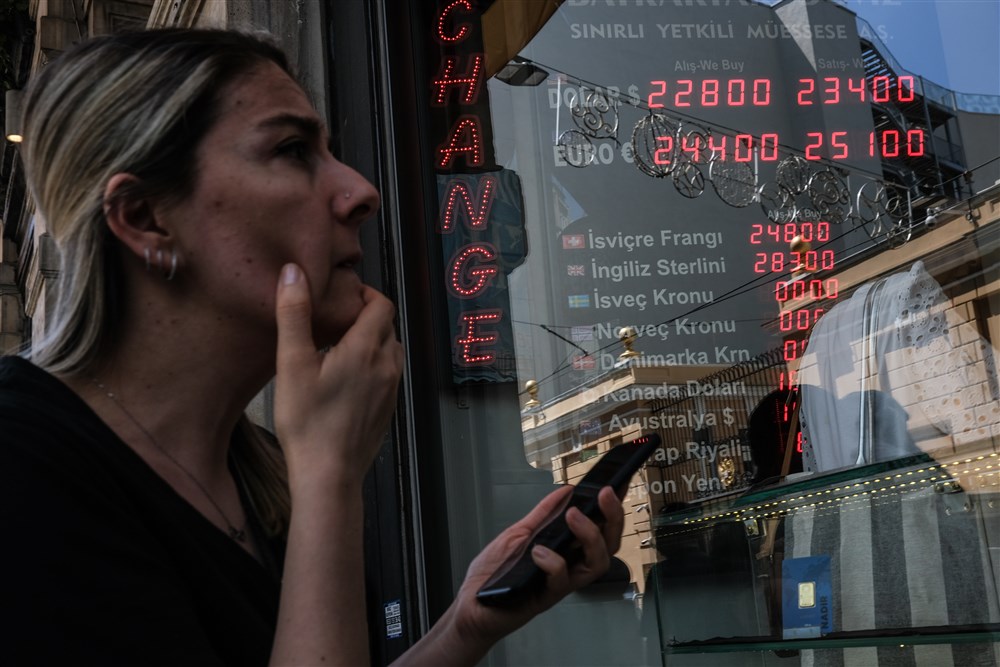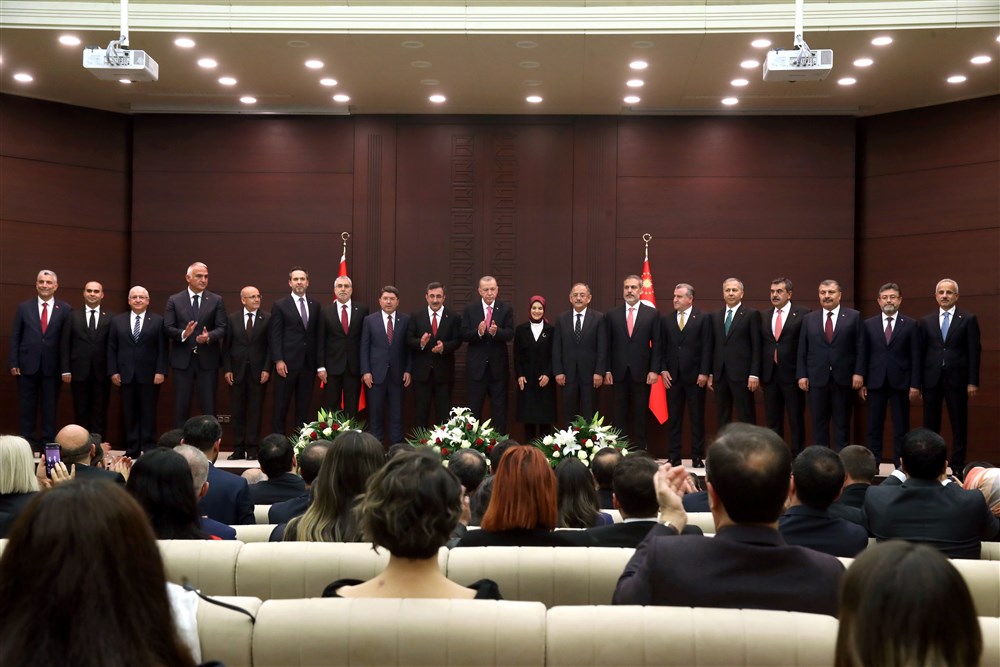Swedish police were wrong to ban two gatherings earlier this year during which protesters intended to burn the Quran, an appeals court has ruled.
Police had refused two requests – one private, one from an organisation – to hold Quran burnings outside the Turkish and Iraqi embassies in Stockholm in February claiming that an earlier protest in January had made Sweden “a higher priority target for attacks” and that public safety could not be guaranteed. This call has now been refuted.
In a statement from the appeals court, chairman Stefan Holgersson said: “The Administrative Court of Appeal finds that the public order and safety problems referred to by the police are not sufficiently linked to the planned gatherings or their immediate surroundings to deny a permit.” The case may end up being appealed to the Supreme Administrative Court.
The requests for the two protests followed the actions of Rasmus Paludan, a radical activist, who burned a Quran outside Turkey’s embassy in Stockholm in January, igniting anger among Muslims in Sweden and abroad. It also further complicated relationships between Sweden and Turkey, which has blocked NATO membership for Sweden.
After this initial burning, two further requests were made without success with the police citing their fear of more violence.
The court of appeals has now decided there was not enough evidence on which to base this view, agreeing with the administrative court which had previously reached the same conclusion. Both courts are part of Sweden’s legal system for deciding cases between authorities and private individuals.
Paludan, who has both Swedish and Danish nationality, is known for his Quran burnings which often result in violent protests in the Muslim community. He was banned from entering the UK in March this year after threatening to burn a copy of the Quran in the city of Wakefield, West Yorkshire.
Swedish politicians have criticised the Quran burning but have also defended the right to freedom of expression, to the concern of Turkish President Recep Tayyip Erdoğan, who, following the January protest, remarked: “It is clear that those who caused such a disgrace in front of our country’s embassy can no longer expect any benevolence from us regarding their application for NATO membership.”





